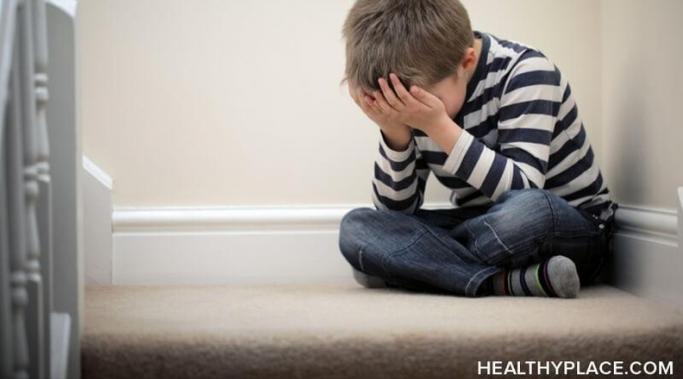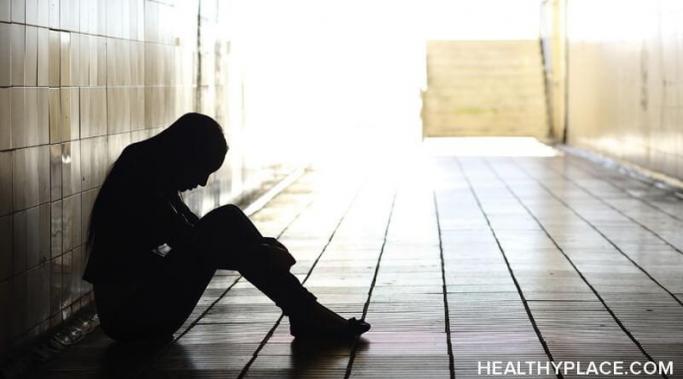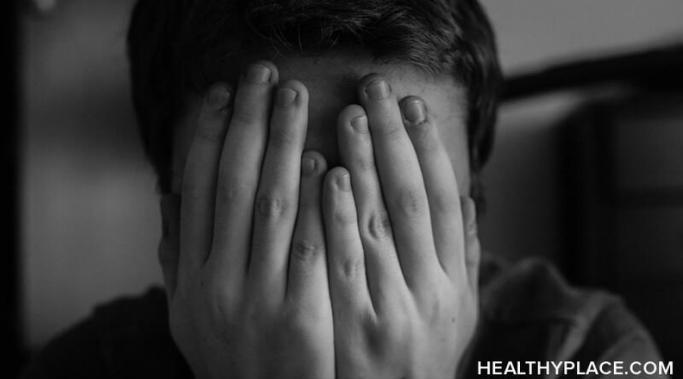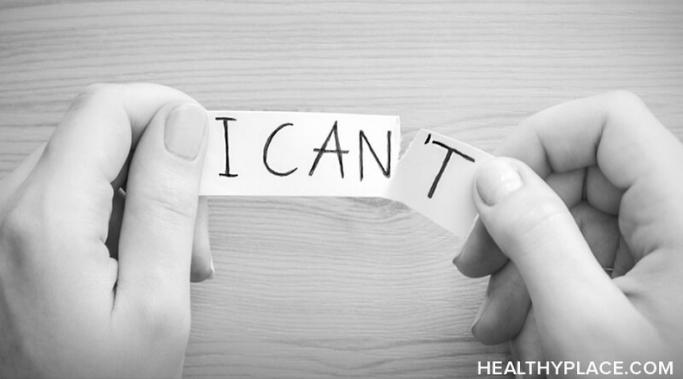As a victim of verbal abuse for many years, I am no stranger to feeling like running away. This stress response will typically appear after I've hit the point of burnout and feeling that the only way to escape unfavorable circumstances is to leave physically. As a teenager, multiple times, I left my home and sought refuge with a friend, only to return again and face the consequences of my actions. Unfortunately, this pattern followed me into my adult life.
Disorders Resulting from Abuse
Verbal abuse can create numerous harmful outcomes during the abuse and for years afterward. Unfortunately, self-isolation is just one verbal abuse side effect. Many victims will keep themselves away from others while in an abusive situation, and some, like me, continue this behavior even after breaking free.
Facing a verbally abusive situation is emotionally and physically draining. In addition, many victims of abuse find that alcohol plays a factor in how their circumstances play out daily. As someone who lived in a relationship of verbal abuse, alcohol, and substance abuse, I found the combination of these outside elements intensified an already negative situation.
September 10 is World Suicide Prevention Day around the world. With the more prevalent talk of suicide, mental health, and available resources, old thoughts can be triggered, as they have for me. I believe there needs to be more education, awareness, and increased help for anyone who struggles with suicidal thoughts or ideas of inflicting harm on themselves. I wonder if maybe more accessible options may have been the help I needed when I was younger and struggling. (Note: This post contains a trigger warning.)
The topic of suicide is one that many people shy away from but shouldn't. The overwhelming feelings of despair and hopelessness should receive the attention they need to garner help and guidance rather than shame or humiliation. September is National Suicide Awareness Month, with World Suicide Prevention Day falling on September 10. The more information we can put out there may help people like me who face suicidal ideation. (Note: This post contains a trigger warning.)
My relationships changed after I was abused. I learned this a while ago when I had a chance to sit back and examine the people I have as part of my inner circle. It was then that I realized my friends now significantly differed from those years ago. So naturally, I immediately felt sad, thinking that maybe it was something I did or said to create a rift between me and these others. So naturally, self-blame was my go-to emotion when I felt there was a problem. Thankfully, I have therapists that guide me through different situations, including ones like this, where I feel uncertain.
Meditation is helping me manage symptoms of verbal abuse, but there was a time in my life when I could not imagine myself meditating and taking the time to stop everything I was doing. During that phase of my life, I overcompensated for my underlying anxiety by keeping myself busy with tasks. I filled every second of the day with completing tasks. Sitting still was not part of my daily schedule, and I certainly did not try to keep my mind free and clear of thoughts.
It is natural to look back and reflect on your life and how you spend your time when you lose someone you love to illness or accident. However, I have realized that because of my recovery from verbal abuse, my journey has aided me in seeking out the life I want. This goal includes surrounding myself with supportive and loving people rather than condescending or abusive. My past abuse has changed my perspective.
Many individuals are familiar with the fight, flight, freeze, or appease response to trauma. However, one thing I have learned after years of exposure to verbal abuse is that this automatic response can lead to detrimental procrastination in other areas of my life.
If there is one thing I have learned through countless hours of therapy, it is how I need to stop apologizing for everything. Although Canadians are very apologetic, this pattern is prevalent with verbal abuse victims even more so. My underlying desire to make everything better and have everyone be happy with the situation has built an unstable emotional foundation for my life.









